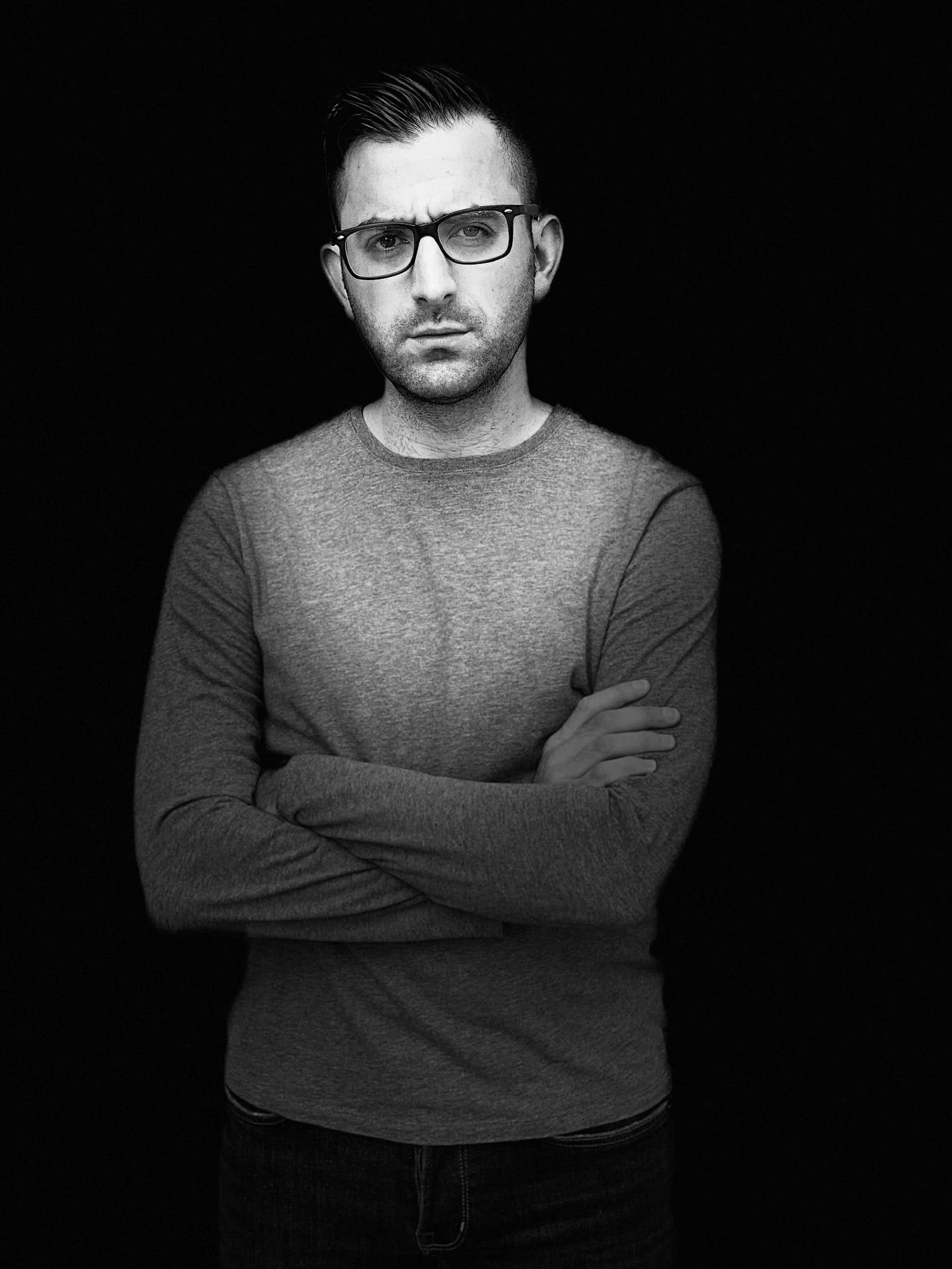Zaid Doueiri’s The Insult is firmly rooted in the recent history of Lebanon and its citizens and although the story takes place in the present, there are 40+ years of history behind the film’s conflict. Despite the very specific circumstances, it tells a story that will feel familiar to anyone whose country has a vivid and volatile divide.
Tony Hanna (Adel Karam) is a Lebanese mechanic living in Beirut and a fiercely loyal member of a nationalist political faction known as The Christian Party. Yasser Abdallah Salameh (Kamel El Basha) is a Palestinian refugee who illegally works as a construction foreman. When he is sent to repair a leaking pipe at Tony’s house, he is refused access. Yasser attempts to do it anyway, but Tony smashes the work and warns them off the property with no explanation. Surprised and angry, Yasser insults Tony (though this is not the titular insult) and in response Tony demands an apology, even going so far as to complain to Yasser’s boss.
When Yasser holds steadfast in his refusal to apologize, Tony threatens to sue the company and no amount of pleading by Yasser’s frantic boss will change his mind. Finally, Yasser concedes and agrees to apologize, but when the two men are face to face, Tony cannot resist taunting Yasser who punches Tony in the stomach. Afterwards, Tony sues to have Yasser sent to jail and as their dispute becomes public knowledge it ignites old grudges and the country is once again on the edge of a civil war.
The Insult is not a true story, but it certainly feels like it. The two men are more similar than different, each stubborn and trapped firmly in his own perspective with little compassion for the other side. But as the trial continues and a bigger picture of their lives is revealed, their motivations become clear. Adel Karam and Kamel El Basha both play their characters so that the hard edges only melt away during the brief moments where they recognize their similarities and it is subtle but moving.
The two men’s lawyers, Wajdi Wehbe (Camille Salameh) and Nadine Wehbe (Diamand Bou Ahboud) provide most of the film exposition, giving background to the characters struggles and illuminating the cultural history at play. Their characters also act as the moral and cultural debate that is at play on screen, with Salameh as the defender of the sectarian past and Ahboud the voice of the multicultural present. At times their speeches feel a bit too much like hand-holding the audience through the narrative, but generally, it is well written and provides a wide perspective on the situation at hand.
While it is the lives and experiences of Tony and Yasser that are at the center of The Insult, the tumultuous backdrop of the fractured and deeply partisan populace plays a vital role as well. The film shows the public reactions to the ongoing trial and uses this to add another layer of meaning and nuance to the film’s message. As the trial unfolds the city reacts with increasing agitation and unrest, and when it is seen on a macro level, the cross-cultural similarities become obvious, regardless of your familiarity with Beirut’s history. The Insult is an intense film that doesn’t shy away from examining the deep wounds that lie at the heart of the Lebanese people and in doing so it also shows us the human capacity for hatred and forgiveness.
https://www.youtube.com/watch?v=lwVCaD971Eo













